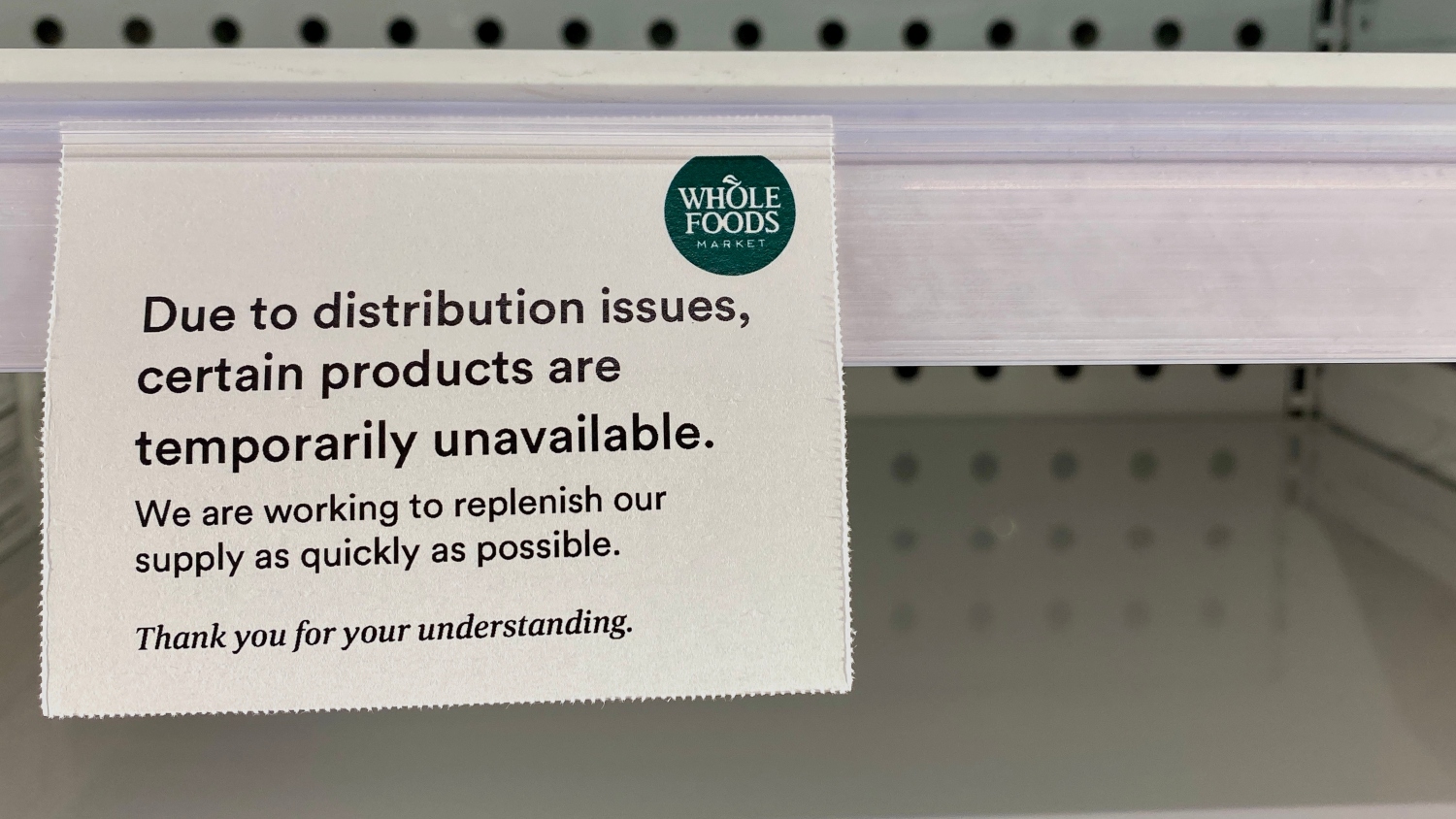Global Logistics, Q&A with John Camp, Lenovo
Questions and Answers on Global Logistics, with John Camp, Lenovo
Big Issues in Global Logistics
Rob Handfield (Co-Director of SCRC): Hi, I’m here with John Camp, director of logistic solutions and transformation at Lenovo. John manages a lot of the logistics for Lenovo globally and is clearly exposed to a lot of the issues that we’ve been talking about at this conference. John, what do you see as the big challenges, the big issues in global logistics today for Lenovo as you continue to operate globally in all the different markets that you do?
John Camp (Lenovo): One of the key things we are concerned about in the logistics world is increasing the flow of information, not only the physical movement of goods, as our network becomes more complex and becomes more time critical. We’re also very focused on the increase of information and managing the level of complexity that we have in our information chain as well.
Complexity Issues with Exchanging Information
Rob Handfield (Co-Director of SCRC): I wondered if you could give us some examples of some of the complexities that you see in terms of exchanging information. Is it time zone issues? Is it the format of the data? Is it being able to work with governments, with suppliers, with multiple parties, or maybe all of the above?
John Camp (Lenovo): It literally is all of the above, although most of our concerns right now are being able to build a community, collaborate with our suppliers, our customers, and with our in-house peers. That’s a real critical initiative for us today in managing the flow of information and really shaping our technology road map and some of our key strategic initiatives.
Key Initiatives to Managing the Flow of Information
Rob Handfield (Co-Director of SCRC): I wonder if you might share with us some of the key initiatives that you have today at Lenovo as you seek to be able to manage the flow of information, as you seek to manage big data, and as you try to manage all of the complexity that exists in your global logistics system.
John Camp (Lenovo): Sure, we have a number of initiatives. We want to get closer to our customers, so we’re spending a lot of time and our energies on our customer experience and all of the interactions that we have with our customers, making those an improved differentiator for us in terms of the way our customers deal with us, and then extending that all the way back through our own manufacturing and production resources, all the way through to our suppliers. So for us it’s a challenge of connecting all of the nodes on the supply chain, not only physically but through information. We have a number of initiatives that are focused on customer service and operational aspects of that to run our ever-increasing, ever-complex network.
Emerging Technologies, Mobile Devices, and the Horizon
Rob Handfield (Co-Director of SCRC): Do you see any emerging technologies on the horizon that you think will be important to be able to deal with these things? Whether it’s integration of mobile devices, GPS technology, software as a service, performance analytics as a service, the kinds of things that you read about for instance in a Gartner report. Are you looking at all of those potential things on the horizon?
John Camp (Lenovo): Sure, we definitely are. I think that one of the biggest challenges right now in the supply chain is dealing with all of the information that we have to manage. So, clearly the trend toward big data and improved analytics clearly are on our minds. Moving to the cloud and being able to build a community with our partners and with our customers that gives all access to a single version of the truth is really important to us right now. And we’re really shaping our strategy from a technology and from an internal strategic planning perspective.
Value of Interacting with the SCRC at NC State
Rob Handfield (Co-Director of SCRC): I know we’ve had a few projects here working with Lenovo on big data, on different kinds of technologies. I wonder if you might be able to comment on the value of the interaction that you have with the SCRC at NC State, with the student teams, and kind of getting out-of-the-box thinking, perhaps from some of our students, to help drive some of your thinking within your group.
John Camp (Lenovo): We’ve had a long relationship with the SCRC, and it’s been a valuable part of our thought process and our formulation of our strategies and plans. The thought leadership that we need comes from many different sources. It comes from industry thinking, and it comes from forums like this where we can have the benefit of the thought leadership that’s happening here on the NC State campus and to put it into action with some of the projects, some of the practicums that we can collaborate with students on as well.
Advice to Young People Interested in a Career in Logistics
Rob Handfield (Co-Director of SCRC): One last question for you. If you had a career in logistics, what would be your advice to young people who are interested in pursuing a career in logistics either at Lenovo or anywhere in industry today?
John Camp (Lenovo): I would say that the logistics industry is becoming ever more important in our supply chain and in our plans as a company, so I would say you couldn’t go wrong by joining the logistics profession, if you will. We see it becoming a critical part of our supply chain, of our customer experience, and I think that’s a fantastic vantage point for somebody entering the corporate world, to be able to see the entire supply chain from beginning to end, see all the parts of our business, which we interact with.
Rob Handfield (Co-Director of SCRC): Well, thank you very much John. That was very helpful in understanding some of those key trends and how they’re impacting Lenovo. I know that at NC State we are actively pursuing projects in logistics not just with Lenovo, but with Caterpillar, John Deere, with other companies. And we really look forward to these engagements. I think it brings a lot of value to our students and to faculty like me. I learn a lot every single time. So, thank you very much.
John Camp (Lenovo): Oh, you’re welcome, and thank you.


